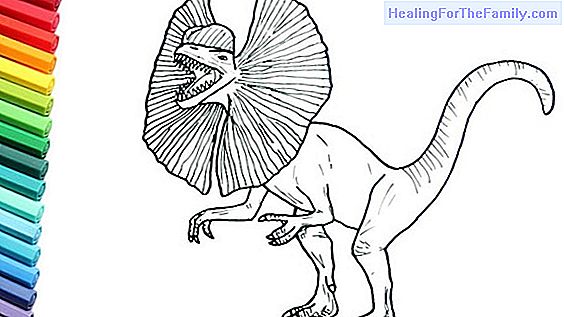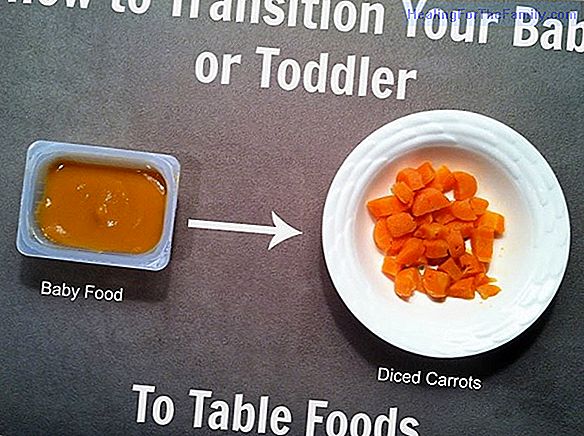The egg in the children's diet
Children are a stage of important growth and development, so the nutritional needs of a child at this stage are high. In this context, the egg is a very attractive food, as it provides a high content of essential nutrients, which are also easily bioavailable. But what are the advantages of the egg i
Children are a stage of important growth and development, so the nutritional needs of a child at this stage are high. In this context, the egg is a very attractive food, as it provides a high content of essential nutrients, which are also easily bioavailable.
But what are the advantages of the egg in feeding in childhood and how much is adequate? We answer these questions.
Benefits and disadvantages of the egg in the child's diet

The egg contributes between 10 and 20% of the recommended daily intakes of a large number of vitamins and minerals, including iron, which are also very easy to absorb. In counterpoint, an egg contributes only about 5% of the recommended daily calories, so it is what we call a food with a high density of nutrients. In addition, the protein provided by the egg is one of the highest quality, given its profile of essential amino acids and the lipid profile is probably the most balanced within foods of animal origin.
It is a nutritious option, easy to chew and digest, and generally very accepted among children. It is easy to prepare in its many varieties, and can be included in any of the daily meals, including breakfast, as is usual in other countries. Combined with lettuce and tomato can become a fresh and complete salad, while if we add tuna and a little mayonnaise can be an attractive sandwich filling.
The recommended egg ration for children is one unit aunque, although after 9 years the ration can be increased to 2 units, depending, of course, on the child's energy expenditure and total diet. However, remember that it is not advisable to take more than 3 eggs per week in small children and older sedentary adults, while for older and more energetic children it could be increased to 1 egg per day.For its cholesterol content, the egg has been in the past in the spotlight for some time and it has been recommended to limit its consumption to a minimum. However, subsequent studies showed that
the effect of cholesterol that we contribute through diet exerts an inappreciable effect on the concentrations of plasma cholesterol and LDL. There are other factors, such as caloric intake, saturated fats and especially trans fatty acids, in addition to sedentary lifestyle, which seriously affect these levels, and thus, the egg, was free of all guilt. Among the healthy child population, it is a priority interest to educate in correct feeding patterns avoiding unnecessary restrictions. Egg consumption, provided that it complies with the
appropriate nutritional recommendations and adapts to a healthy and balanced diet, should not be restricted by misgivings that have no scientific basis. To teach to eat is to teach to grow.












